Introduction to Nonwoven Polyester Fabric
Nonwoven polyester fabric is a versatile material widely utilized across various industries due to its unique properties and manufacturing process. This fabric is part of a broader category of nonwovens, which are engineered fabrics that may be a single-use fabric or have a limited lifespan. The production of non woven polyester involves laying out polyester fibers and then bonding them by mechanical, thermal, or chemical means, rather than weaving or knitting.
Types and Features of Nonwoven Polyester Materials
The nonwoven polyester category encompasses a range of products, including spunbond polyester and non woven polyester felt. Spunbond polyester is known for its durability and consistency, while polyester felt is sought after for its excellent filtration and padding qualities. These nonwovens are characterized by their porosity, which makes them suitable for applications requiring breathability or filtration.
Applications of Nonwoven Polyester Fabric
Non woven polyester fabric uses are extensive and diverse. In the medical industry, it's used for disposable clothing such as hospital gowns, which require materials that are both hygienic and adaptable to different thicknesses. The home and personal care sectors utilize non woven polyester cloth for products like wet wipes, which benefit from the fabric's biodegradable nature. Moreover, the environmental advantage of nonwoven polyester is evident in its use for eco-friendly shopping bags, offering a sustainable alternative to traditional plastic bags.
Advantages in Filtration and Insulation
The filtration capabilities of nonwoven polyester are integral to its use in products like diaper covers and bag linings. Its porous nature allows for effective separation of particles, making it an ideal choice for various filtration applications. Additionally, polyester spunbond nonwoven fabric is employed in outdoor drainage systems, aiding in water management while preserving soil integrity. In the realm of thermal regulation, non woven polyester fleece is extensively used in thermal blankets, providing insulation and comfort.
Environmental Impact and Sustainability
Sustainability is a significant advantage of non woven polyester material. Its production process is generally more energy-efficient compared to woven fabrics, and its potential for recycling makes it a more environmentally friendly option. The industry is continually innovating to enhance the eco-profile of nonwoven polyester fabrics, ensuring they meet the growing demand for sustainable materials.
Choosing the Right Nonwoven Polyester for Your Needs
Selecting the appropriate nonwoven polyester fabric requires consideration of its intended application and desired properties. Alibaba.com's platform facilitates this selection by offering a comprehensive assortment of nonwoven polyester options to cater to a multitude of industrial and commercial needs.
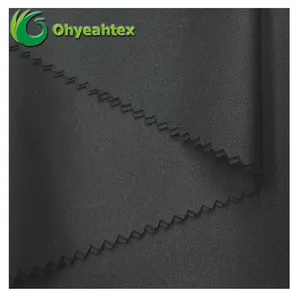







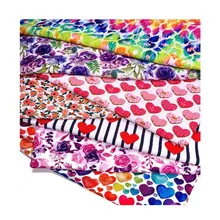

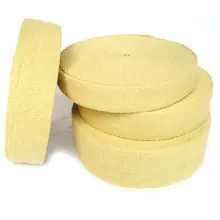



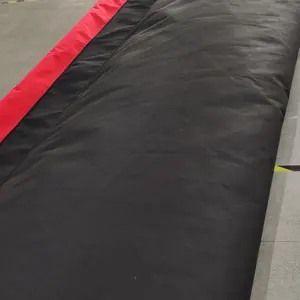


![[Huachen Nonwovens]100% polyester / needle punched non-woven/ fabric/cloth/felt](https://s.alicdn.com/@sc04/kf/HTB1o3v5bcvrK1Rjy0Feq6ATmVXaI.jpg_300x300.jpg)

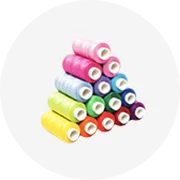

















 浙公网安备 33010002000092号
浙公网安备 33010002000092号 浙B2-20120091-4
浙B2-20120091-4